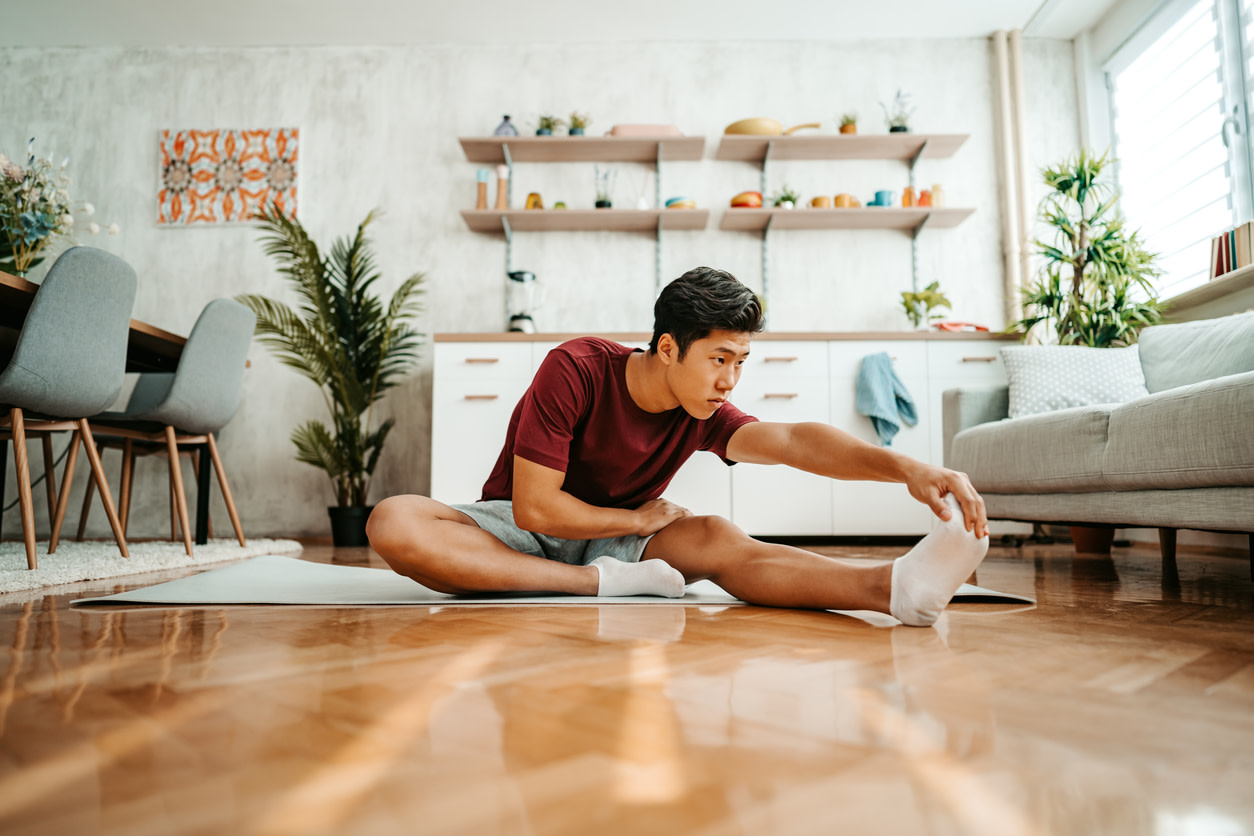10 Simple Benefits of Working Out in the Morning, According to Physical Therapists
Learn about the benefits of working out in the morning and discover which moves physical therapists recommend to start your day.
$0 cost to you
Published Date: Aug 12, 2024
Table of Contents
PT-Recommended Morning Exercises
Want expert care? Check if you're covered for our free program →- Open Book Rotation
- Child’s Pose
- Cat Cow
- Plank
- Bent Over IYT
- Sit to Stand
